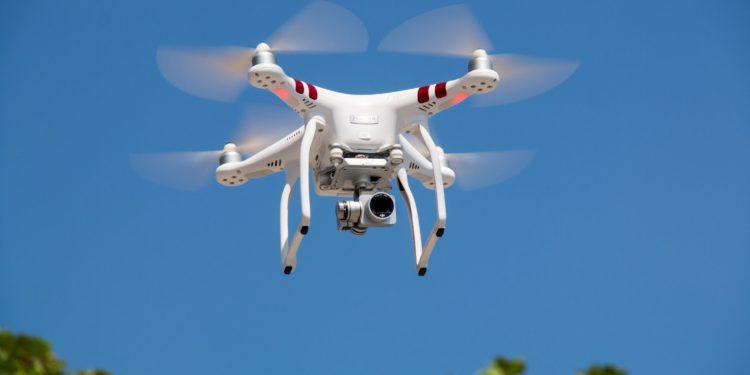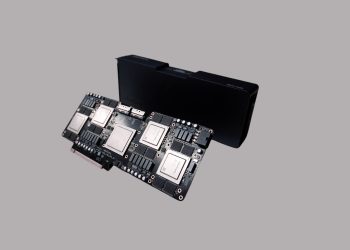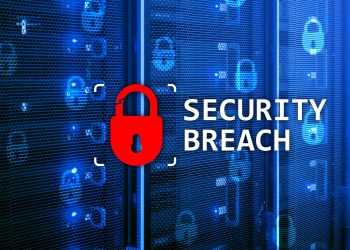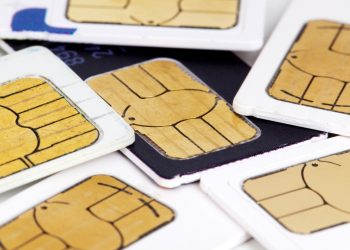KT, the Korean innovator in quantum communication technology, is gearing up to amplify the wireless quantum-encrypted data transmission range from the current 2 kilometers to an impressive 10 kilometers by the upcoming year.
The expansion of this range promises to enable lossless data transmission from terrestrial stations to the stratosphere. This development holds the potential to significantly mitigate the threat of hacking against forthcoming urban air mobility (UAM) vehicles and military drones.
KT’s endeavor revolves around enhancing wireless quantum communication technology, specifically quantum cryptography, which employs the minuscule quanta of light and photons for data encryption and transmission.
Having achieved a 2-kilometer quantum data transmission milestone this year, KT is expected to stretch the reach to 10 kilometers in the stratosphere for the security of UAM and military drone operations.
Lee Young-wook, of KT’s Convergence Technology Institute’s Future Network Technology division outlined the profound implications of their wireless quantum encrypted communication breakthrough.
During an event held in Seoul’s Seocho District on October 12, He stated, “With the development of our wireless quantum encrypted communication technology, we aim to preempt core technologies in the domestic defense and security sectors.”
Crucially, the transition from wired to wireless data transmission facilitated through optical cables, is anticipated to give a new level of stability to the mobile network environment.
As the quantum communication technology matures, its application will extend to domains like unmanned aerial vehicles and military reconnaissance satellites. The very essence of this technological advance lies in fortifying the robustness of critical systems in the face of evolving threats and digital security challenges.
The impact of this advanced technology is not confined solely to the defense and security sectors. Its future applications extend into urban air traffic, financial services, and healthcare, promising a paradigm shift in data protection and communication integrity.
The commercialization of quantum computers forebodes a stark escalation in the risks plaguing contemporary electromagnetic wave-based internet networks and other communication systems.
This vulnerability amplifies the threat of cyberattacks on various fronts, extending from the potential hacking of unmanned reconnaissance drones, leading to unauthorized territorial incursions, to the compromise of our daily lives’ online security fortifications, encompassing internet banking, medical records, and personal data sanctuaries.
Major nations like the United States, China, Germany, and Austria are investing in developing quantum encrypted communication technology to address this looming challenge.
These concerning security dynamics have been prominently illustrated in recent wartime contexts, such as the Ukraine conflict in March. Security breaches stemming from communication infrastructure vulnerabilities are on the rise, emphasizing the need for robust quantum encryption solutions.
The upcoming extension of wireless quantum encrypted communication’s transmission range to 10 kilometers, slated for next year, holds the promise of bolstering security in realms like low-orbit satellites, significantly diminishing potential threats to our military and communication systems.
KT has emerged as South Korea‘s first telecom company to vigorously develop wireless quantum-encrypted communication technology. This leap toward wireless quantum encryption holds promise, particularly for regions characterized by extensive geographic reach and areas with the complexities of optical cable installation. The technology also finds relevance in aerial vehicles where traditional optical cables are inherently infeasible.
Meanwhile, KT’s roadmap includes quantum key distribution (QKD) and offers quantum-resistant cryptography (PQC) services. The latter relies on sophisticated mathematical algorithms to generate encryption keys, presenting a cost-effective alternative to the QKD approach, which mandates expensive hardware like separate quantum key distribution devices and channels.
While KT and SK Telecom have predominantly concentrated on enhancing QKD technology, LG U+ has been directing its efforts toward advancing PQC technology. Recently, SK Telecom unveiled a strategy for integrating QKD and PQC, citing the example of the U.S. National Security Agency (NSA), which has proposed applying PQC to the commercial sector. In anticipation of the impending PQC standardization in Korea, KT is gearing up to deliver PQC services, targeting corporate dedicated lines, commencing in the first half of the next year.
More from Korea Tech Today:
- Relief for Semiconductor Giants: Samsung and SK Hynix Secure Indefinite Waiver for China Operations
- KT Introduces DX Care: A Diagnostic Tool for Corporate Network
- KT Collaborates with Thailand’s JTS to Bring AI Solutions to Southeast Asia
- KT and SingPost’s Strategic Alliance Promises Smarter Logistics
- KTR Launches Software Testing and Certification Hub at Pangyo Startup Campus







